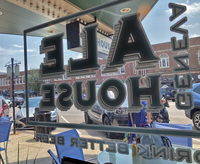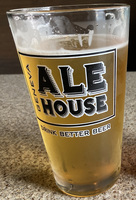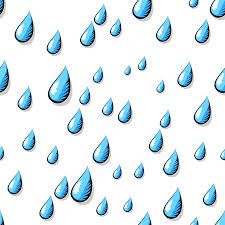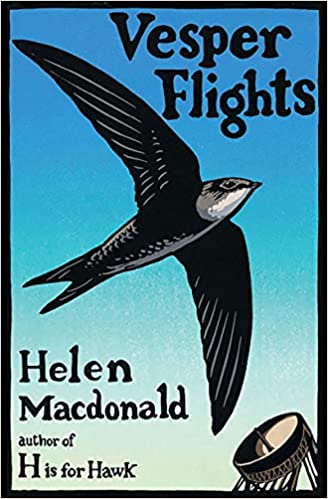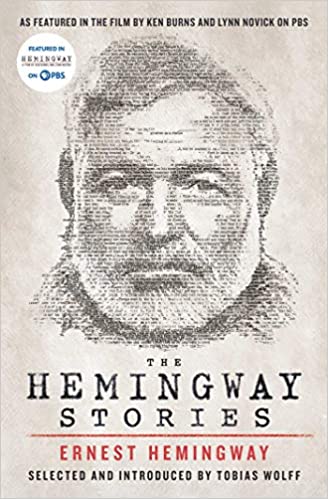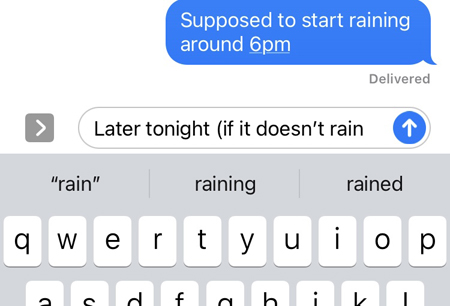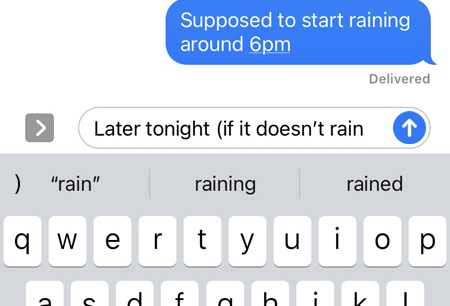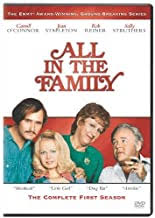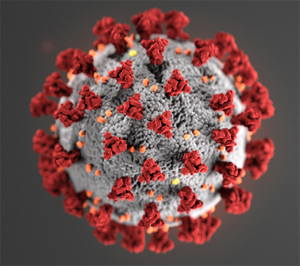
From CDC.gov
Over at Newsweek, there is an opinion piece that spells out why the author – a mother and a former educator and preschool director – isn’t vaccinated: No, the Unvaccinated Aren’t Selfish or Ignorant. Here’s Why I’m Not Vaxxed.
It’s not terribly persuasive.
Reading the article, the author comes across as well informed and not at all Qanon driven.
However, the whole crux of her argument comes down to two data points:
- Anecdotal personal contact with those possibly harmed by the vaccine – One who died “reportedly” from side affects of the vaccine, and two others whose health was allegedly harmed (not fatally) by the vaccine.
- Information – good and bad – is being suppressed/ is confusing – She cites studies have not gotten the publicity she deems is warranted, and shifting guidance by the CDC and other vaccine mouthpieces.
As to the first, she cites just the three cases (under the guise of “If I personally know these three, there must be X more out there!”), only one fatal – and that one “reportedly.”
Are there risks from the vaccine? Absolutely. There are risks to anything like this, especially with the volume: There are currently – in the US alone – 196k people with at least one dose. Get 196k people to eat a bag of SkittlesTM and some are not going to handle it well. And some symptoms will be unrelated to the candy consumed. Just the law of large numbers.
And we know that the vaccines work: Currently, 0.5% of those hospitalized for COVID are vaccinated, and only 0.01% of deaths from COVID are vaccinated.
As of today, there are more than 620k COVID deaths in the US, and the daily number of infections and deaths dropped steadily once people began getting vaccinated. Right now, we are in the midst of a pandemic of the unvaccinated, and it’s driving the fourth wave of the virus – and we have something close to a preventative measure now: the vaccine.
So get the shot, if not for yourself but for others you may come into contact with so you don’t pass it to them. You may be strong enough to weather the infection, but not everyone is. This is where I believe those who deliberately chose to not get vaccinated are selfish (religious and health reasons aside). If the virus was not communicable, go at it without a shot – it’s only you who are at risk. But this is not the case. You’re potentially putting others at risk.
The second point – data available/data suppressed – is a bit muddled.
I agree that there are conflicting messages out of just the CDC, to focus on one organization. It was just yesterday that the CDC gave the go-ahead (actually urged) women who are nursing, pregnant or who want to get pregnant to get the vaccine. Yes, a little late in the game.
But we are continually learning about the vaccine: The CDC (and others) will get some things wrong and have to adjust, but they are trying to not put out information before they are sure. That’s just good science. It’s also good PR because if you keep having to withdraw “facts” about COVID, it’s a way to quickly lose credibility.
As far as suppressing/censoring alternative information, well, again, not promoting unvetted studies or ideas is good science. If the data holds up to peer review and can be duplicated, let’s take a closer look at the same and perhaps promote it in a vigorous manner.
Look and guidance/suppression through this lens: Children under 12 are not currently allowed to get the vaccine. From what we know today, most children could probably tolerate the vaccine. But until there is enough data to support safely vaccinating younger children, it should be off the table, for two reasons:
- This science isn’t there yet to give the thumbs up. And you can’t go with your gut on a decision of this magnitude.
- Imagine if a little more testing showed we needed to tweak the vaccine to account for pre-pubescent bodies – but we had already given the go-ahead and some (even a small number of) children died or were harmed in lesser ways. That would be an avoidable tragedy.
The author also says information is getting censored, and then she supplies a link to the censored story… That’s not censorship, it’s just information many (say, the CDC) don’t find compelling, at least yet.
I said this woman’s argument was unpersuasive. And, to me, it is.
But to be fair, she writes that she is not trying to persuade one way or another; she just wanted to give her reasons for not getting vaccinated, and to explain – as the title says – that not everyone like her is selfish or ignorant.
Fair enough. And she’s entitled to her opinions and authority over her body.
But I still think this is dangerous and selfish – in 2020, the world was essentially parazlyed by COVID. In 2021, we got as close to a magic bullet as we could with the vaccines. Things drifted back to normal (in the developed countries, including the US); masks came off.
But in June 2021, after falling to the lowest infection levels since the beginning of the pandemic, the US is now in its fourth wave, with infection levels spiking to the second highest levels ever, exceed only by the turn of the year (2020/2021) spike when the pandemic was nine-to-ten months old and, crucially, we didn’t yet have mass vaccinations!
It’s a pandemic of the unvaccinated – imagine where we’d be today if even a quarter of those currently vaccinated thought like this woman.
I don’t want to imagine that.

